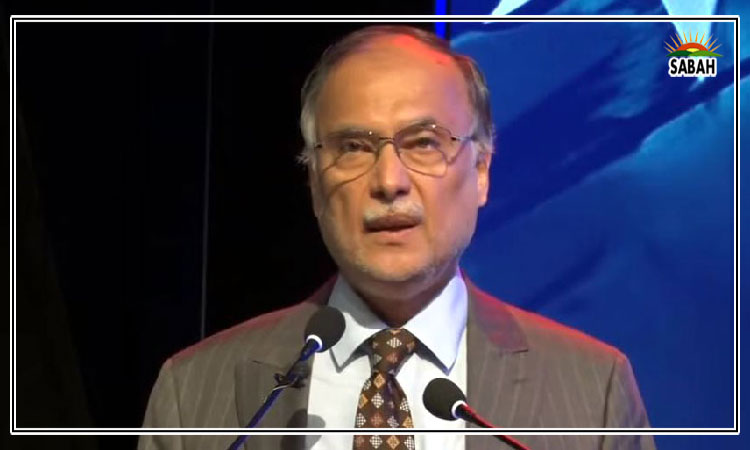Out of tune…..Muna Khan
I RECENTLY watched Tar, a film by Todd Fields which has garnered a lot of Oscar buzz for Cate Blanchetts portrayal of Lydia Tar, a classical conductor whose past catches up with her. Many aspects of the film have the internet divided from interpretations about the final scene, to why the film was two hours 38 minutes long but everyone agrees that the movie is about Tars spectacular downfall. (I will do my best to avoid spoilers.)
Tar is a fictional character but seems oddly familiar, especially given how so many powerful folks wrongdoings in the entertainment industry have been exposed since the Me Too movement. Except that in Blanchett, we see a woman abusing her power and then losing it due to cancel culture though I liked how Dan Kois in Slate says, maybe its just justice.
That cancelling comes in the form of a video from an event at a university, where Tar humiliates a student of colour who says hes not interested in the misogynist Mozart. The exchange shows how little regard Tar has for opposing opinions or for the time we live in, where public opinion matters more than engaging in dialogue. Of course, the video edited to suit one perspective goes viral, as does a story in a tabloid claiming that Tar groomed young women. Tars sense of invincibility begins to crumble. Her being the recipient of the EGOT (Emmy, Grammy, Oscar and Tony award) becomes irrelevant against this backdrop of public calls for retribution.
Many reviewers have said the movie is about cancel culture and Me Too, and while I agree with both assertions, I also think it is about the person understanding they have to face the consequences of their actions. Too often we hear protestations of innocence from the powerful; claims their words/actions were taken out of context, or victim blaming. I believe Tar is unable to escape her past any longer and ultimately realises how she took advantage of the power dynamic. She cant escape the crudity of her actions, or all the ghosts of her past. It is an uncomfortable watch but its a remarkable performance by Blanchett, who depicts Tars fast unravelling with aplomb.
In many ways, Tar reflects the hypocrisy of free speech advocates.
Tar is unlikeable from the get go. She is manipulative, abusive, mean to colleagues, her partner, children and youre unlikely to feel any sympathy for her. Still, we dont really know what the allegations against her are other than the aforementioned article, yet she falls from grace. The ambiguity may have been on purpose, because I think Tar essentially asks whether we can separate the art from the artist, without offering any answers.
For some people, the answer is easy. There can be no redemption for artists like Kanye West, Dave Chappelle and Louis CK for their racist, transphobic, sexist comments, respectively. For others, theres a pushback against what they call mob mentality. I find this problematic only because none of the debate acknowledges theres never really been a concept of free speech without consequences. Theres always some level of control on the right to speak freely, and various so-called stakeholders have attempted to regulate some form of censorship to suit their advantage. Im not convinced that young, woke leftists or progressives are a threat to free speech any more than right-wing thinkers who want to muzzle dissenting voices.
In many ways, Tar reflects the hypocrisy of free speech advocates who denounce curbs on their right to speech but are unwilling to accept the follies of their words. Tar rails against cancel culture, but uses her power to blacklist a young maestro from getting work. My only concern about the movie is it may hurt pub-lic perception of queer women and, of course, it will delight some men who feel stories of sexual harassment end up vilifying men.
Ultimately, the movie reminded me of the failings in the law or mechanisms which have not been able to hold the powerful to account, which is why people go public with their complaints because theres no other way. One example is the workplace harassment law in Pakistan, whose definition of workplace is limiting and excludes women like contractual employees and domestic workers.
When women attempt to speak against their abusers, they are usually ostracised, further victimised or slapped with libel suits, even in Pakistan. While the Me Too movement has made a lot of strides in exposing abuse, and there have been some consequences with the de-platforming of powerful men in Hollywood, too many women continue to remain vulnerable to bullying or silencing. How can we attain some form of genuine accountability of the powerful who feel they arent answerable to anyone? Without accountability, we cannot move to forgiveness and healing.
The writer researches newsroom culture in Pakistan.
Twitter: @LedeingLady
Courtesy Dawn, March 12th, 2023












